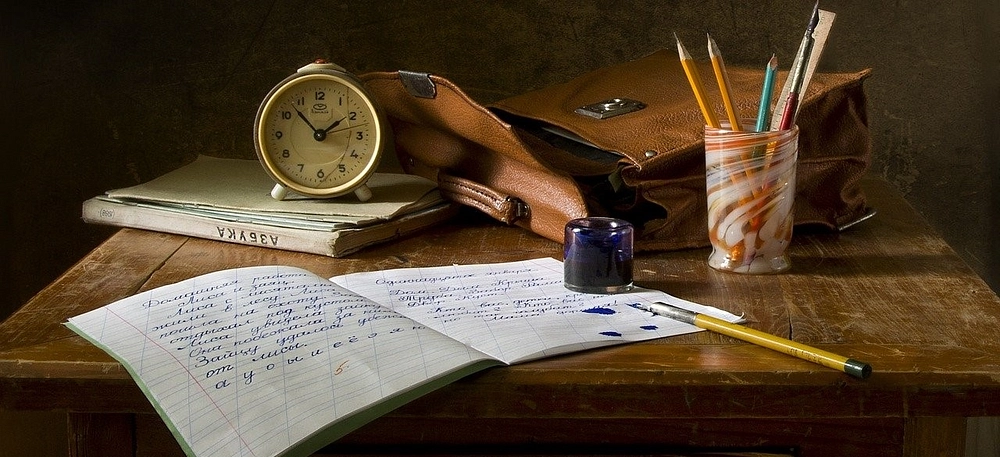I have worked as a teacher and a private tutor. All my students have successfully passed their exams. In this blog I'm going to cover my best revision tips for students.
Start Early
Start revision months before your exams, even if it's just dedicating an hour on the weekend. Your revision hours should ramp up as you get closer to the exams, but the amount of content you have remaining to revise should reduce. I once had a friend who called me the night before the exam asking for help (he failed!), don't be that person.
Find a Comfortable Place
Ideally, you want to study somewhere quiet where there are minimal distractions. Find a local library if you cannot find the space at home. Avoid the big libraries if you can as these can get packed during exam time. Some people prefer to study alone, whereas others prefer group revision. I would say it's entirely up to you who you choose to revise with, as long as you are getting your work done.

Make a List of Subjects and Topics
Make a list of all the subjects you have to study before starting revision. Then make a list of topics you need to study for each subject. Here is an example GCSE Maths topics list I use to track the progress of my students. Tick off the topics as you go along.
Make a Schedule
Make a brief schedule for your revision plan. It doesn't have to be detailed, but you should have an idea of how long each subject will take, and whether you would need to spend more time revising to make sure you can complete your revision in time for exams.
Spaced Revision
Did you know that you can forget more than half of what you learned if you don't revisit the content you revised within few days? Watch this video to learn about the "forgetting curve". The forgetting curve shows that if you revise the same content multiple times, the longer it will remain in your memory. This is known as spaced learning. At the very least read over the content you revised from the day earlier before you begin revising new content. Additionally, look over the same content again the following week.
Practice Exam Questions
Start practising exam questions once you have revised all the content. Learning the content is different from answering exam questions. Do past papers, and once you complete a few, time yourself. Be strict with yourself as you would do in an exam. This will help you understand the phase you need to work during the real exam.
Use Youtube
Youtube has a large amount of free revision content, so take advantage of it. Make sure you select a good source of information. Watch a couple of videos on the topics that you are studying to further your knowledge. This can also help with memory retention.
Make Mini Notes
Write down important information (such as equations) you have to remember in bullet points, so that you can read them before the exam.
Keep it Healthy
Take breaks, sleep and eat well before the exams.
Be Positive
Go into the exam with a positive attitude.




